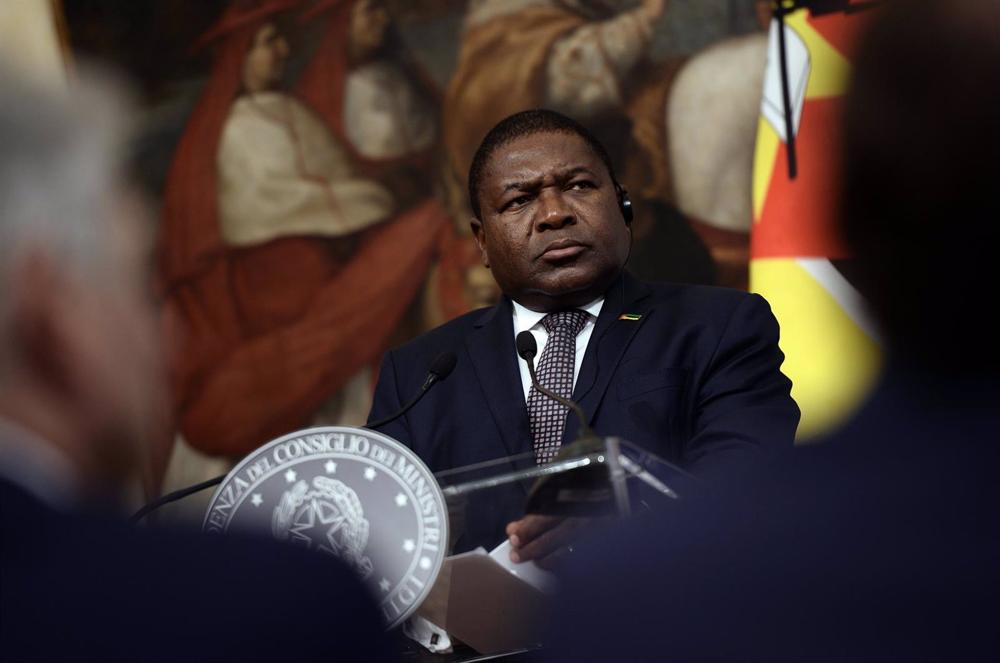
The Minister of Foreign Affairs, European Union and Cooperation, José Manuel Albares, has insisted this Monday on the need to have good relations with Morocco as it is «the number 1 priority» in foreign policy and because not having it is «harmful» for the Spanish people, particularly for those living in Ceuta, Melilla, Canary Islands or Andalusia.
All the presidents and foreign ministers of democracy have defined Morocco as «the number 1 priority in foreign policy», the minister said during a forum organized by Llorente y Cuenca on the occasion of the upcoming Spanish Presidency of the EU.
The task of every Foreign Minister, he added, is to «seek the best relationship» with the Alaouite kingdom, something that is a priority for Ceuta and Melilla, but also for the Canary Islands and Andalusia, he defended. «Refusing to have a good relationship with Morocco is something very harmful for the Spanish people» in general and for those who live in these territories in particular, he said.
In this sense, he defended that what the Government is now doing is to give a new «fit» to this relationship to «avoid these successive crises that seem to put us on the verge of a crisis that seems definitive» and he has boasted that it has managed to overcome «a very deep crisis at the top» without having closed «falsely».
Now, Albares pointed out, the foundations have been laid for a new relationship based on mutual respect and on not resorting to unilateral acts, and the first results are already being seen. Among them, he highlighted the decrease in irregular arrivals of immigrants and the «thousands of deaths» that this has prevented in the Mediterranean and the Atlantic, as well as the increase in trade.
On the other hand, the Minister of Foreign Affairs has again justified the fact that King Mohamed VI did not receive the President of the Government, Pedro Sánchez, during the High Level Meeting (HLM) on February 2, insisting that it is a summit at the level of governments and arguing that 20 agreements were signed and there were 28 ministers, four times more than in the last one in 2015.
The summit was preceded by a phone call between the Alaouite king and Sanchez, «to ensure that there will be success», and not as on previous occasions, in which there was «a posteriori a protocol contact» and also Mohamed VI has invited Sanchez to an official visit, he recalled.
In this sense, Albares stressed that «there has not been any Spanish president who in such a short time has had so many meetings» with Mohamed VI, with whom he has already met twice, which demonstrates, in his opinion, a «special relationship» that is an added value.
Neighborly relations, said the minister, are always complex and even more so when there are land borders involved, but «the results are there and we see how we are doing much better than a year and a half ago when we were plunged into a new crisis which is the history of crises with Morocco».
On the other hand, Albares has reviewed the priorities that the Government has set for the Presidency of the EU in the second half of 2023, particularly in relation to Latin America, highlighting the importance of the summit of the bloc with the Community of Latin American and Caribbean States (CELAC).
The Minister has once again denounced that Europe has «turned its back for too long» on this region despite being the most «Euro-compatible» and has made it clear that Spain hopes that the summit will not be just «a symbolic gesture» but that it will result in a work program with Latin America for the future.
Likewise, he defended the need to close trade agreements with Chile, Mexico and Mercosur as a «sign of political commitment» with this region, beyond the importance they have at an economic level. «The trade agreements must come into force now», he stressed.
Albares has also advanced that a business forum is planned parallel to the EU-CELAC summit that will take place in July in Brussels, as well as a meeting of Ministers of Economy and Finance of both blocs in Spain in which the idea is to «create a mass of funds» to be able to finance joint projects and make Europe an attractive partner compared to «other actors» that do not have the same proximity to Latin America.
Source: (EUROPA PRESS)






